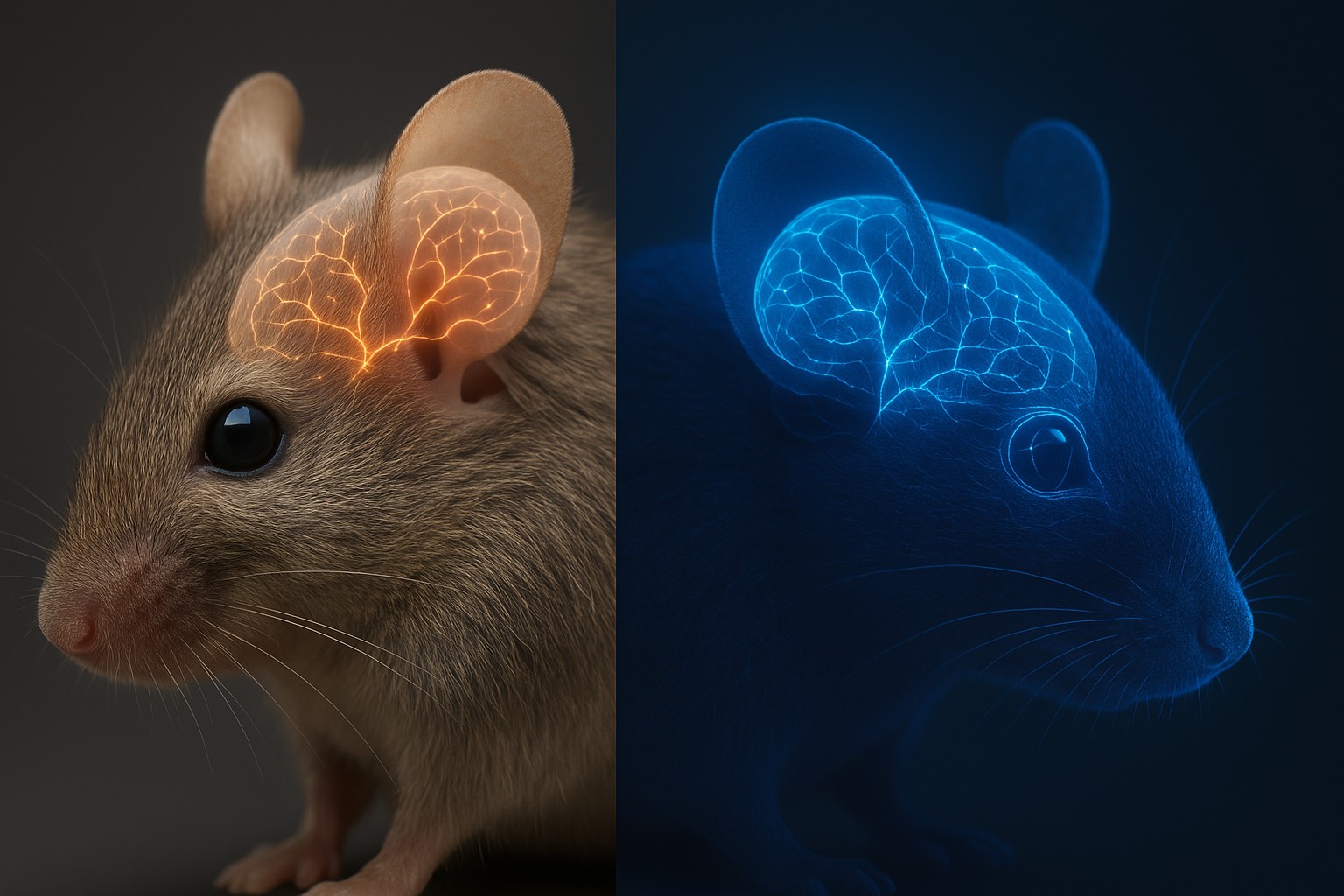Last Week in Biotech: 10 Highlights from SynBioBeta SF 2016
It’s been a thrilling few weeks in the world of synthetic biology and biotechnology in San Francisco. In addition to SynBioBeta SF 2016, we’ve seen a number of exciting announcements across different markets.Here’s a quick recap of 10 key moments:
Benchling raises $7 million in funding
Benchling, which offers a cloud-based, integrated software solution for biotech researchers recently raised $7 million in growth funding from Thrive Capital. Benchling’s product organizes the R&D process - integrating data, experimental design, note taking and sample tracking in a single software platform. The startup also gives academics free access to all features. Working as a Google Docs for life scientists, Benchling’s product enables scientists and researchers to focus their time and creativity on scientific efforts rather than worrying about finding information.
SGI DNA releases Syn2.0 ™ and Syn3.0™ to researchers
SGI DNA announced that it will make its minimal synthetic cells (Syn2.0™ and Syn3.0™) available to researchers worldwide. The release of these synthetic cells is expected to allow researchers to investigate genes on a deeper level, unravel their functions, as well as offering a model for the generation of future synthetic minimal cells. Such research could yield advances that improve a broad range of biotechnology processes.
Fifty Years - an impact-driven VC fund launches
Seth Bannon announced the launch of Fifty Years, an early stage venture fund with a twist - they aim to fund companies that will be both massively profitable as well as make serious headway towards achieving the UN’s Sustainable Development Goals. Companies funded by Fifty Years include: OpenTrons, Geltor,Memphis Meats and MadeRight.
Synthego releases 1st sgRNA kit
Synthego introduced the world’s first single guide RNA kit for CRISPR/Cas9 editing. The kit is intended to make genome engineering tools widely accessible to scientists all around the world. By reducing the barrier to adopting CRISPR as a lab technique and offering a solution that’s up to 80% lower in cost, the hope is that this innovation drives the realisation of CRISPR’s huge potential worldwide.
IndieBio SF launches 4th class of startups
IndieBio SF announced their next class of 13 startups. The companies are tackling problems in diverse markets including information storage, drug development, therapeutics and pollution control. The startups will be working at IndieBio’s San Francisco office space over the next 4 months.
Riffyn launches process design and data analytics software
Riffyn announced their flagship software product that aims to tackle the costly problems of low experimental reproducibility, slow research and barriers to collaboration in scientific R&D. Their process design software supports the full planning and learning cycle - experimental design, data collection, automated data cleaning, built-in data analytics, data exporting to 3rd party platforms and options for sharing outcomes to collaborators.
SynbiCITE launches synbio startup competition with £200k prize package
SynbiCITE and Rainbow Seed Fund have established BioStart - an annual competition for startups using synthetic biology to solve significant problems. The prize is a £200k package which includes a £100k equity-free cash prize, £25k lab consumables, £15k professional services and 6 months’ free lab space. The hope is that these incentives will accelerate the commercialization of synthetic biology startups.
Amyris and Autodesk release open-source tools for genetic design
Amyris in collaboration with Autodesk announced the release of formidable, open-source tools that combine some of the strengths of both companies - Autodesk’s Genetic Constructor (a cloud CAD tool for biological design) and Amyris’ GSL - (a programming language for rapid design of large, complex DNA constructs). The union of these complementary technologies is expected to reduce the barrier to biological design and enable the rapid design of large and complex DNA constructs.
Ecovative launches biofabricated furniture grown from mushrooms
Ecovative announced a new line of pioneering, mushroom-grown furniture that require just 3 inputs: mycelium, hemp and a pinch of starch. The startup’s mission is to develop and produce a range of earth-friendly products that rid the world of toxic, unsustainable materials - without having to sacrifice on cost and performance. Their current product offering includes desks, stools and accessories.
The Thought For Food Global Challenge commences latest competition
The Thought For Food Global Challenge kicked off its latest edition recently - calling on students to develop novel ideas to tackle the challenge of feeding 9+ billion people by 2050. The initiative urges students from all fields of study to channel their creativity and energy to making a positive difference - providing everyone with access to adequate, safe and nutritious food.



.svg)












.gif)